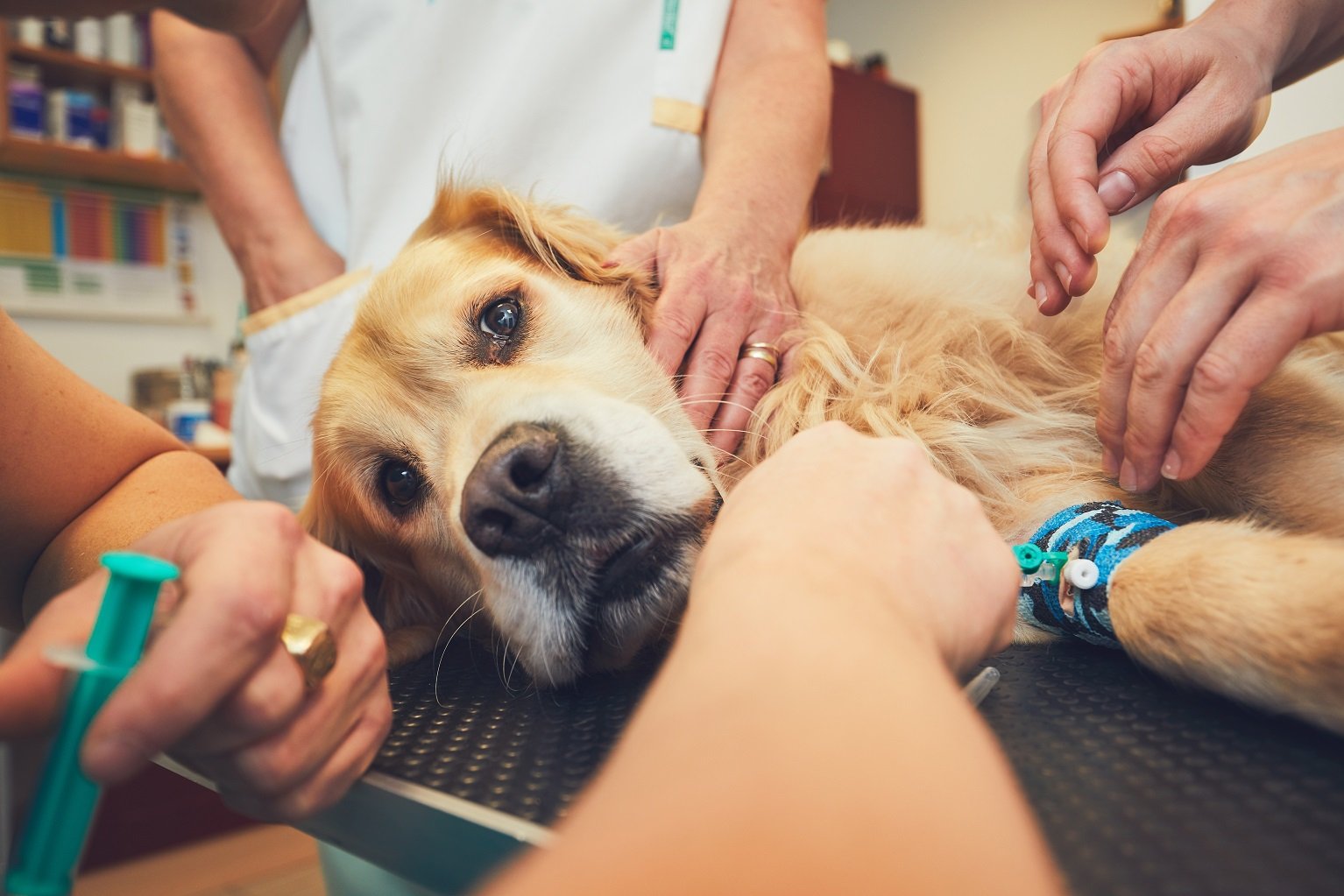The UK’s competition watchdog, the Competition and Markets Authority (CMA), has raised concerns about pet owners potentially overpaying for medicines or prescriptions in the £2 billion veterinary industry. Following a comprehensive review, the CMA identified various issues, including insufficient information provided to pet owners about treatments and potential overpricing.
The CMA’s investigation, which received an “unprecedented” 56,000 responses from both pet owners and industry professionals, revealed several key findings:
- Consumers might not receive enough information to make informed choices about the best veterinary practices or suitable treatments.
- Concentrated local markets, resulting from sector consolidation, may lead to weak competition in some areas.
- Large corporate groups could have incentives to limit choice and weaken competition.
- Pet owners may be overpaying for medicines or prescriptions.
- The regulatory framework is outdated and may no longer be effective.
In response to these concerns, the CMA has provisionally decided to launch a formal market investigation, seeking to intervene directly in markets to enhance competition. This could involve ordering large veterinary groups to cap prescription fees, divest parts of their business or assets, and ensure local practices can compete in terms of services and prices.
The CMA’s findings also highlighted that over 80% of veterinary practices do not display prices on their websites, even for basic services. Pet owners reported not always being informed of treatment costs before agreeing to them. Approximately one-fifth of respondents were not provided with cost information before tests, one in ten before pet surgery, and half were unaware of prices before agreeing to out-of-hours treatment.
Furthermore, some vet practices may derive up to a quarter of their income from selling medicines, potentially reducing the incentive to inform pet owners about alternative options.
CMA Chief Executive Sarah Cardell emphasised the critical nature of the veterinary sector for the UK’s 16 million pet owners and expressed the need to address the identified concerns. The watchdog aims to put its work on a formal footing, signaling its commitment to addressing potential issues in the veterinary industry.
The CMA’s initial review, launched in September of the previous year, highlighted the rising cost of pet care outpacing inflation, contributing to household financial strain. The investigation also focused on whether the takeover of smaller practices by large chains had limited choice and increased costs for consumers. Approximately 60% of vet practices now belong to large groups, a significant increase from 10% a decade ago, with several major corporate groups dominating the market.
Following the announcement of the CMA’s findings, shares in top-listed vet groups experienced declines, with CVS falling by over 20% and Pets at Home down by approximately 5%.
Let us know in the comments below if you consider your vet’s fees are ripping you off.
If you like our content, join us in helping to bring reality and decency back by SUBSCRIBING to our Youtube channel: https://www.youtube.com/channel/UCQ1Ll1ylCg8U19AhNl-NoTg AND SUPPORTING US where you can: Award Winning Independent Citizen Media Needs Your Help. PLEASE SUPPORT US FOR JUST £2 A MONTH https://dorseteye.com/donate/












